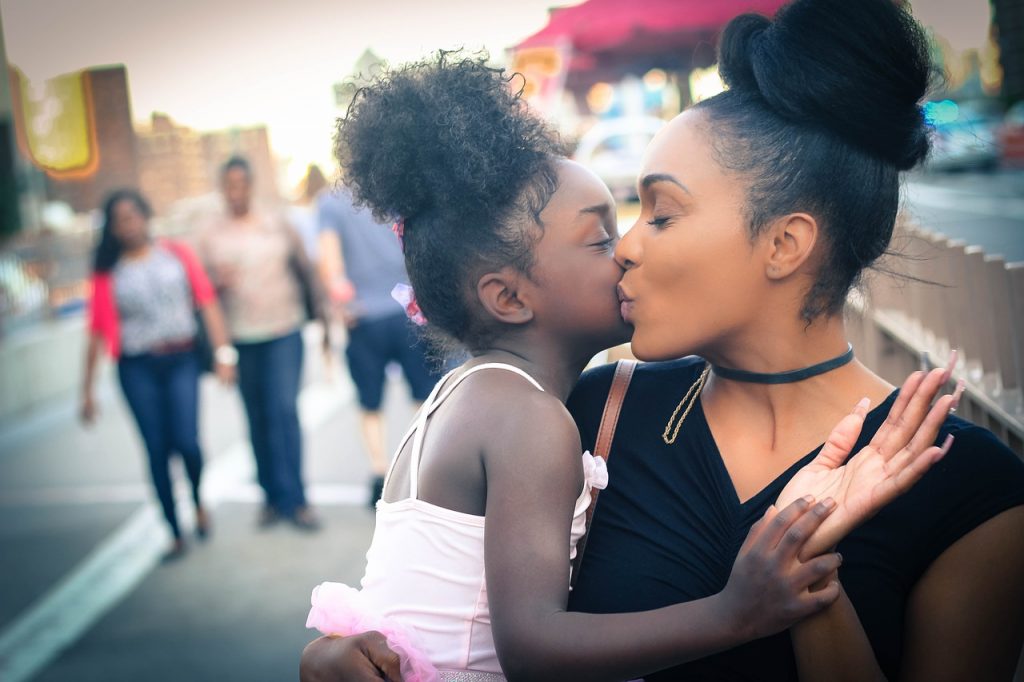Divorce is a common thing that can still be traumatic for children. Acrimonious divorces are more harmful to kids than amicable ones, as couples who split up but still co-parent effectively are doing their kids a lot more good than ones who fight about everything. The most heated disagreements may be about who is allowed to make decisions regarding the child’s medical care. If one parent wants to take a child to therapy and the other doesn’t, the two sides can just find themselves back in court fighting again. Here are a few questions to answer when trying to figure out if you can take your child to therapy after divorce.
Why do they need therapy?
The divorce was finalized six months ago, but it still seems like your child is having trouble functioning. You may feel relieved and happy, but your child seems to alternate between feeling sad and feeling agitated. Their grades have also dipped at school. All those things are classic symptoms your child needs therapy after divorce. If that happens, you should talk to your child’s pediatrician and ask for a mental health services referral.
Chances are, the other parent will ask why your child wants to see a therapist. It’s up to you to decide how much detail to disclose. Telling your co-parent, “They’re having trouble adjusting to life after the divorce” is fine. But if the child doesn’t want you to go into too much detail, you’ve got a stickier situation. If your marriage ended because your spouse was either emotionally or physically abusive, it’s probably best not to say, “Our child needs therapy because of the things you’ve done.”
You may feel like that’s true, but it’s not a helpful thing to say in most cases. It can rile them up and make them more likely to protest your decision to take the child to therapy. If you’re getting push back from your ex, or even if you’re just worried that it’s possible, you can ask a sychologist in DC for a script. Psychologists are used to navigating these situations.
What does the custody agreement say?
When you were married, either parent could take the child to the doctor at any time. But when you divorced, there should have been notes made in the paperwork regarding medical decisions for your kid or kids. Joint legal custody is a common arrangement in a divorce. That means that both parents get a say in “major decisions” regarding the child.
However, joint legal custody does not always mean both parents also share joint physical custody. The former can still exist even if the mom has the child 60 percent of the time and the dad has the child 40 percent of the time. Family law attorneys can go into more detail about the differences between physical custody and legal custody.
It’s possible for one parent to be given the exclusive rights to make medical decisions for a child. If that’s the situation, it should be laid out clearly in divorce papers. So if the mom has medical authority and wants to take their child to the doctor, it’s much harder for the dad to protest. However, it’s not impossible.
What is the other parent’s objection?
If the other parent feels strongly enough that their child should not receive therapy, they can hire their own lawyer and take the case to court. Still, they need a good reason for doing so. A simple denial with no support will not do it.
If the other parent objects because the child is going to a therapist who is not licensed, then they might have a better argument. Children deserve quality care, and it’s certainly possible for the other parent’s lawyer to argue that they can’t get it if they’re not even seeing a licensed counselor. In that case, the judge may issue a court order requiring the child to visit a fully qualified therapist.





